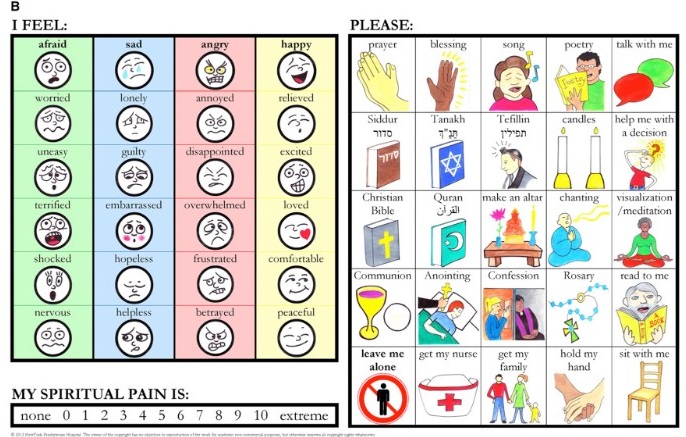New York (CNN)Gene LoCastro was diagnosed with pulmonary fibrosis in August 2013. The painful disease causes scar tissue to grow inside the lungs, making it difficult to breathe.
"As the lung tissue thickens, your lungs can't properly move oxygen into your bloodstream," according to the National Heart, Lung and Blood Institute. "As a result, your brain and other organs don't get the oxygen they need."
Still, 48-year-old LoCastro says, he felt "more or less OK" until August of last year, at which time he was assured by his pulmonologist that his disease was progressing "normally" and there was no cause for concern.
"I was always in good shape," he said. "I always took care of myself and went to the gym ... worked out three to four days a week, haven't had a drink or drug in over nine years."
But LoCastro says he instinctively knew that something more was going on inside his body and decided to seek a second opinion. He was ultimately diagnosed with dangerous blood clots in his lungs and was admitted to NewYork-Presbyterian/Columbia University Medical Center in October.
"It was downhill from there," he said. In November, LoCastro's heart began to fail. Doctors said he needed a double lung transplant to survive.
"It was pretty nutty, the way it happened so quickly," he said. "But I also ... knew in the back of my head that I was going to be OK no matter what. I kept on saying, 'I've just got to be there for my family, be there for my daughter, my wife; stay strong.' "
Modern-day spiritual care
The spiritual care board developed by NewYork-Presbyterian chaplain Joel Berning.
LoCastro began utilizing the board after his operation, when he was rendered unable to speak for weeks on end, while his body recuperated from the double lung transplant. More than using it to make requests for specific things, LoCastro sought to express how he was feeling, which didn't at all surprise Berning.
"What are (most patients) feeling and experiencing?" Berning asked rhetorically. "Most of it -- or a lot of it -- was really as you'd guess: a lot of frustration, a lot of sadness, a lot of fear. The second most commonly identified emotion was loved, which really surprised us. And I don't have an answer for exactly why that is, but it's my favorite finding, because I like to think that when people are critically ill, they do have a lot of scary, horrible, awful feelings, but we are also trying to give them as much love as possible."


